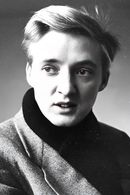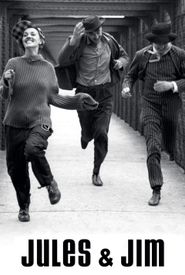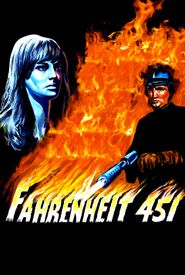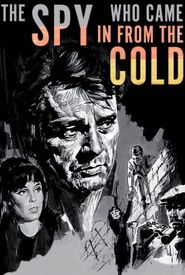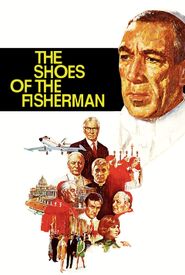Oskar Werner, a talented Austrian actor, was born in 1922 in Vienna, Austria, not far from the birthplace of Johann Strauss. His parents divorced when he was young, and he found solace in performing in school plays. As a teenager, he landed small roles in German and Austrian war-era films through his uncle's connections.
Dropping out of high school, Oskar pursued acting and became the youngest actor to be offered membership to the Burgtheater. He made his official debut in 1941, but his career was interrupted by World War II. As a pacifist, he wore a German Axis army uniform and married a half-Jewish actress, Elizabeth Kallina, which put his life in danger. The couple's daughter, Elinore, was born in 1944, and they spent time hiding from both Russian and German forces in the Vienna woods.
After the war, Oskar returned to the Burgtheater and performed in various stage productions, including "The Misanthrope," "I Remember Mama," "Julius Caesar," and "Danton's Death." He also played a range of character roles and "older men" parts.
Oskar's breakthrough in films came with his role in the 1951 film "Decision Before Dawn," where he played a German prisoner of war. Although he received international acclaim, he grew disillusioned with Hollywood and returned to Europe, focusing on his theatre career.
In the 1950s, Oskar founded the Theatre Ensemble Oskar Werner and performed in productions such as "Bacchus." He also returned to the Burgtheater, playing roles like "Henry V" and "Prince Hal" in "Henry IV."
Oskar's interest in filming revived in the 1960s, and he became an international sensation with his roles in François Truffaut's "Jules and Jim" (1962) and "Fahrenheit 451" (1966). He earned an Oscar nomination for his performance in "Ship of Fools" (1965) and co-starred with Richard Burton and Claire Bloom in "The Spy Who Came in from the Cold" (1965).
Despite his success, Oskar's career declined due to his struggles with drinking and artistic differences with Truffaut. He made only three films following their collaboration, including "Interlude" (1968),"The Shoes of the Fisherman" (1968),and "Voyage of the Damned" (1976).
Oskar's personal life was marked by two divorces and a son, Felix, born out of wedlock. He spent his later years traveling, performing on stage, and committing to poetry and pacifist readings. His final stage appearance was in a 1983 production of "The Prince of Homburg."
Oskar Werner passed away on October 23, 1984, at the age of 61, just two days after his friend François Truffaut. He was laid to rest in Liechtenstein.
